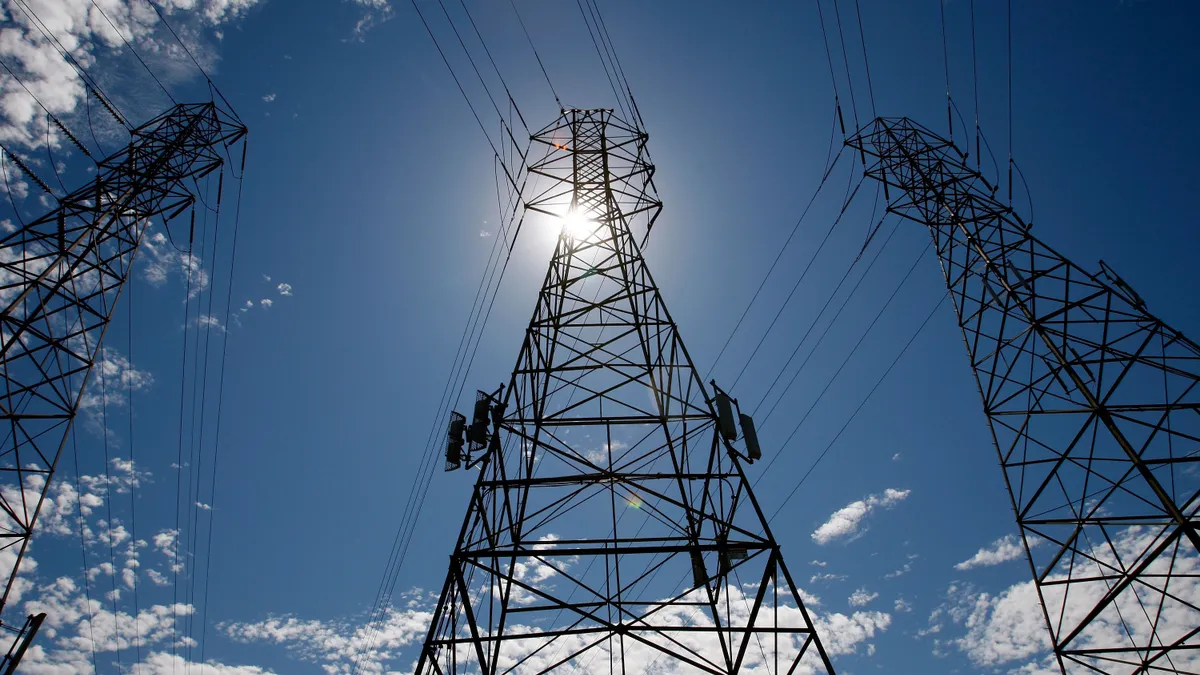Dive Brief:
- More than 40 state and local lawmakers called for further study of publicly held utilities last week as local opposition continues to the proposed $4.3 billion acquisition of Hawaiian Electric Industries (HEI), parent of the state’s dominant electric utilities, by NextEra Energy.
- The Hawaii Public Utilities Commission (PUC) will begin hearings on the acquisition November 30. The lawmakers joined the Governor, the state Consumer Advocate, and a majority of the PUC proceeding’s participants in objecting to the deal because they say the utilities have not been forthcoming with plans about how to get to the state’s 100% renewables by 2045 mandate.
- NextEra reported the deal would add $500 million to the state economy and save customers $465 million but also admitted the price volatility of oil, which still is the basis for Hawaii’s electricity generation, makes lower power prices uncertain.
Dive Insight:
Kauai currently gets its electricity from a public utility, the Kauai Island Utility Cooperative (KIUC), and other islands have opened investigations into that model. The Big Island, Maui and Oahu are exploring cooperative alternatives, and last week they were joined by more than 40 state and county lawmakers who held a press conference to express their support for further study of the publicly-held model, Honolulu Civil Beat reports.
“Public utilities don’t need higher rates to make profits for shareholders, and as a result they tend to have significantly lower rates than for-profit utilities across the country,” said state Rep. Chris Lee, House Energy and Environment Committee Chair and spokesperson for the group. They will now pursue independent third party legal and financial analyses of public utility options.
“Hawaii is at a crossroads,” explained Spokesperson Rob Harris on behalf of KULOLO (Keep Utilities Locally Owned, Locally Operated), a citizens group pushing for alternative utility models. Either public option, a muni or a co-op, allows a new kind of creativity, Harris said.
A muni has two important cost advantages, consultant and regulatory expert Jim Lazar told Utility Dive in May: (1) access to tax-exempt financing through the issuance of tax exempt bonds and (2) being a part of municipal operations.
The next step for public utility supporters in the state is to find an independent third party to do a legal and financial analysis of possible business models, Civil Beat reports.













